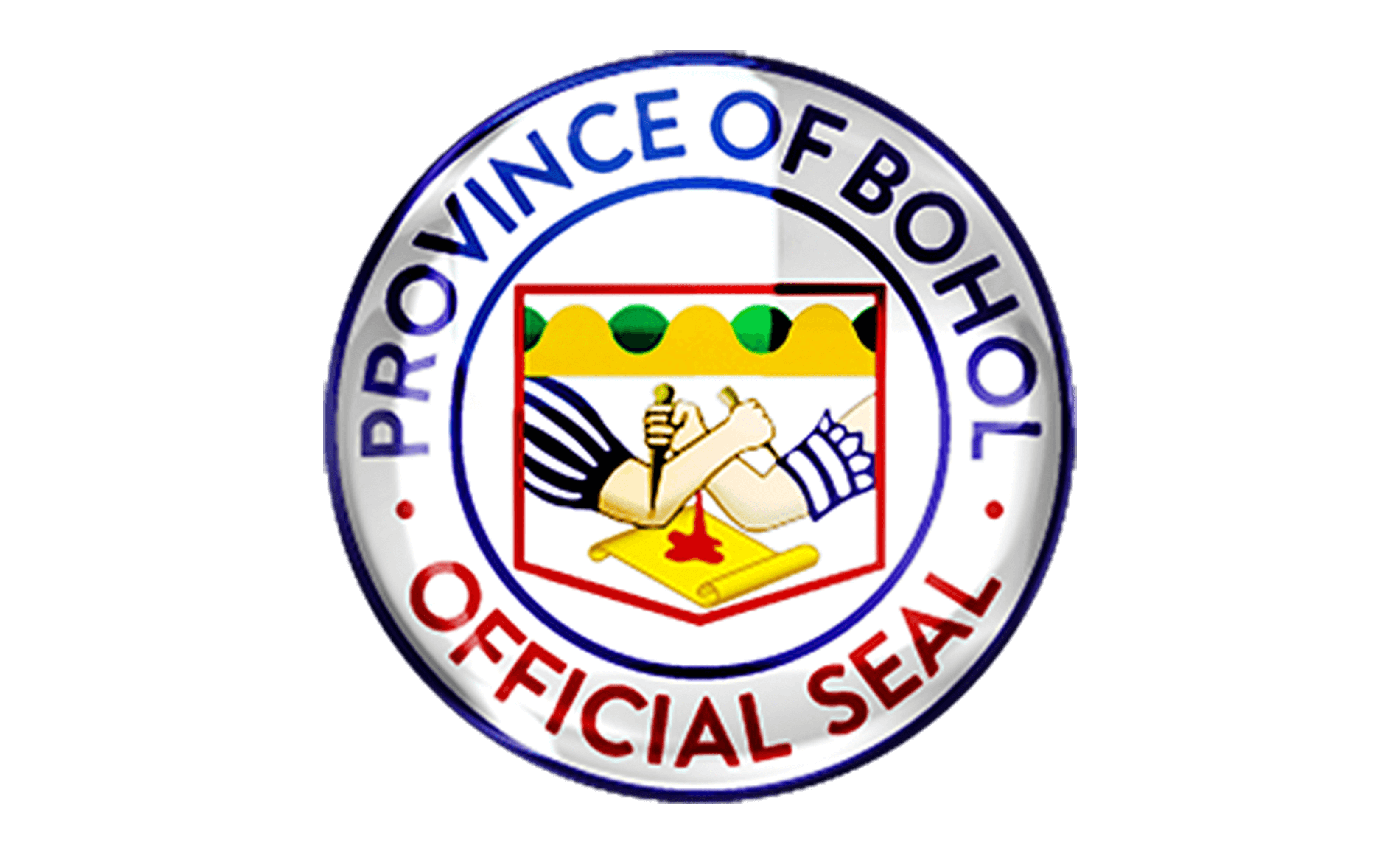MUNICIPALITY OF TRINIDAD
In 1820 Trinidad was yet a barrio in the northern part of Bohol inhabited by a small group of settlers under the leadership of Macag. It was once named Cabigon but the abundance of ipil trees in the area caused it to be referred to as “Ipil” thus becoming an official name when it became a town.But Ipil became a barrio when it was annexed to Talibon on October 31, 1903 by virtue of Act 968. Several attempts to reestablish Ipil as a municipality failed but in 1947, through the combined efforts of the people led by Juan Gonzales and aided by Senator Olegario Clarin, Ipil regained its former status as a town and was renamed Trinidad in honor of the wife of Pres. Manuel A. Roxas who issued the Executive Order No. 80 s. of 1947, restoring the community to its former status as an independent municipality.
Municipal Officials: 2022-2025
| Mayor | : | Cajes, Roberto Castaño |
| Vice Mayor | : | Erio, Fernando Boncales |
| SB Members: | : | Imboy, Joan Robie Cajes |
| Garcia, Manuel Garcia | ||
| Tabada, Jose Jr. Nuera | ||
| Dungog, Segundo Matabaran | ||
| Quisto, Nida Hinlayagan | ||
| Cajes, Antonino Gara | ||
| Gonzalez, Francisco Utara | ||
| Dellosa, Victoriano Turan | ||
| ABC President | : | |
| SK President | : |
Facts and Figures:
| Location | : | Northeastern Part of Bohol |
| Congressional District | : | 2nd District |
| Number of Barangays | : |
20 Barangays 6 Coastal Barangays 14 Mainland Barangays |
| Income Classification | : | 3rd(Per MC No. 01-MC 15-08) |
| Ave. LGU Annual Income | : | P 56,062,200.00 |
| Total Municipal Land Area | : | 9,427.00 hectares |
| Timberland Area | : | 1,127.00 hectares |
| Alienable & Disposable (A & D) | : | 8,300.00 hectares |
| Soil Cover | : | Hydrosol, Ubay Clay Loam, Ubay Sandy Loam |
| River Basins (Watershed Areas) | : | Ipil RB, Soom RB & Inabanga RB |
| Population | : |
27,580 (2007) 25,683 (2000) |
| Average Population Growth Rate | : | 0.99% (2000-2007): Bohol’s APGR – 1.06% |
| Total Number of Households | : | 5,544 (20070 |
| Major Industries | : | Farming |
| Literacy Rate | : | 85.58% |
| Projected Population | : |
28,525 (2010) 29,093 (2012) 29,966 (2015) |
| Higher Education Institutions | : | None |
| Number of Secondary Schools | : | 6 |
| Number of Primary/ Elementary Schools | : | 9 Primary; 17 Elementary |
| Language/ Dialect | : | Boholano (Binisaya) |
| Religion/ Religious Affiliation (1990) | : | Roman Catholic (Majority) |
| Main source of potable water | : | Groundwater |
| Water Demand for Irrigation | : | None |
| No. of HH w/ accessed to Toilets | : | 4,850 |
| No. of HH w/ accessed to Safe Water | : | 1,123 |
| Drainage and Sewerage System | : | None |
| Number of Barangay Health Stations | : | 5 |
| Number of Hospital | : | None |
| Number of Municipal Health Center | : | 1 |
| Number of Day Care Centers | : | 27 |
| Carpable Areas | : | None |
| Total Road Length | : |
1123.64 kilometers (Municipal& Barangay Road) 4.87 kilometers (Concrete Road) 4.87 kilometers (Gravel Road) 16.500 kilometers (Earthfill Road) |
| Total Number of Bridges | : | None |
| Communication System | 2 Cellsites | |
| Energization Status (as of Dec. 2010) | : | 20 Barangays Energized (100%); 4,322 houses connected (84%) |
| Official Website | www.trinidad-bohol.gov.ph |
